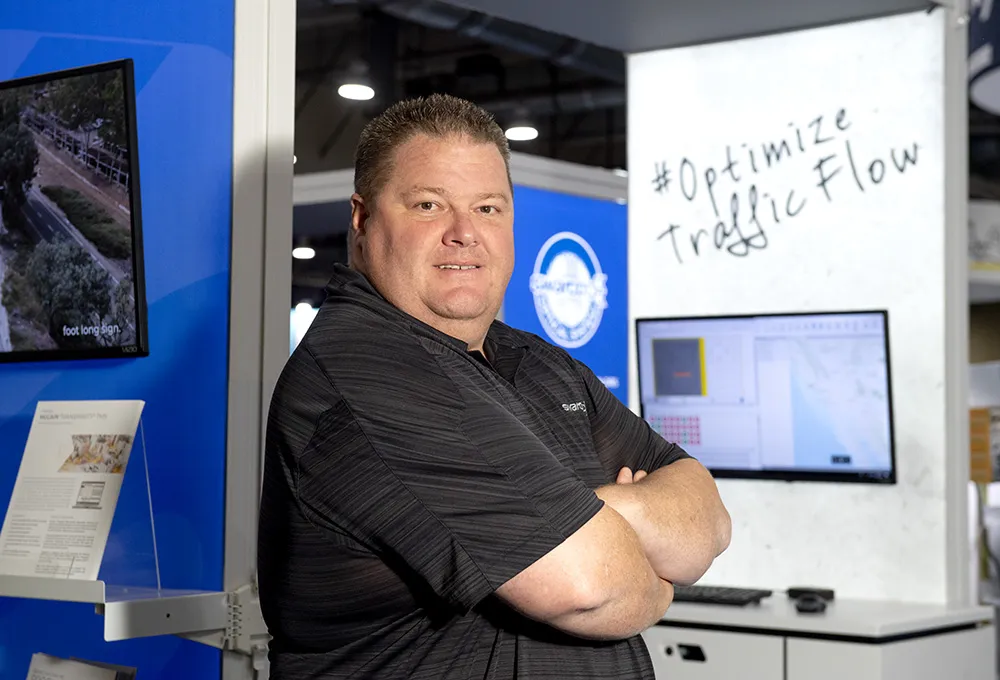
After a successful 24x7 deployment on I-15 in San Diego, the company is announcing that Aimsun Live has been selected by Roads and Maritime Services in New South Wales state, Australia, as the decision support system for managing traffic on a 30-mile corridor for the Sydney M4 Smart Motorway Management System. This is a landmark deployment: it is the first simulation-based predictive system ever implemented in Australia.
With Tyco as systems integrator, the M4 Smart Motorway will integrate real-time information, communication and traffic management tools to provide motorists with a safer, smoother and more reliable journey.
Unlike traditional analytical forecasting processes, Aimsun Live (which is based on the simulation of individual vehicles) combines the best of simulation and data analytics. Via Tyco’s Meridian ITS platform for monitoring and controlling transport systems, Aimsun Live can emulate the M4’s intelligent transportation policies, such as ramp meters, variable speed limit and variable message signs.
Aimsun Live is also connected to the Sydney Coordinated Adaptive Traffic System (SCATS) for reading detection data and real-time traffic signal controller status, which means that it can accurately emulate the SCATS traffic signal logic.
This system allows traffic control room operators to make short-term predictions about the likely levels of congestion and also to compare alternative response plans and make the best choice of congestion mitigation strategy. Construction is already underway and the M4 smart motorway will be fully operational by 2020.
Booth 220








